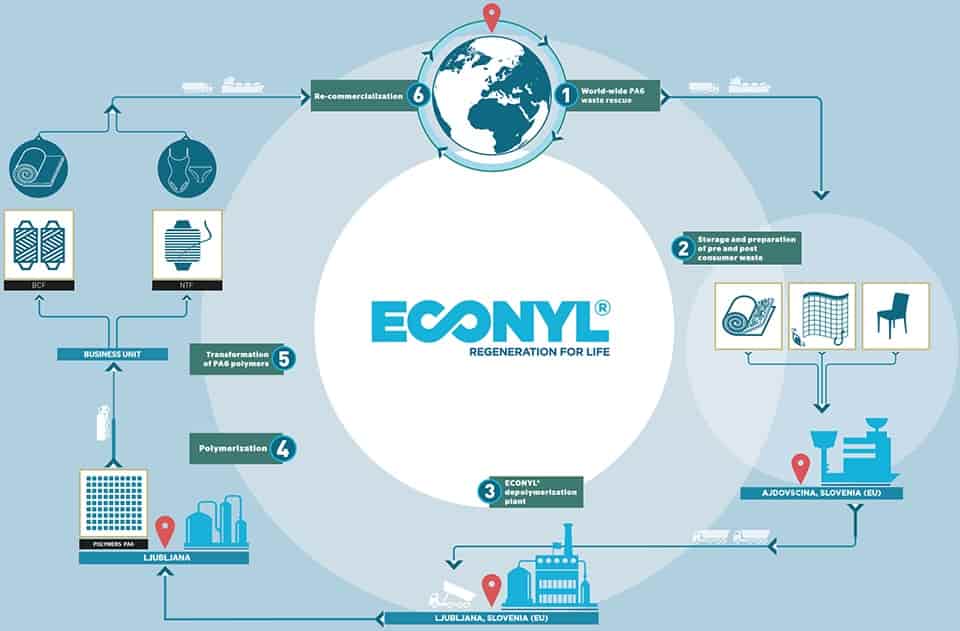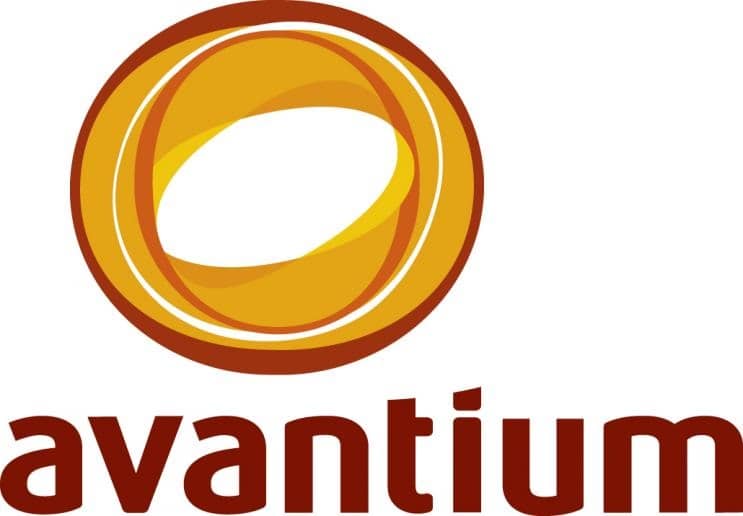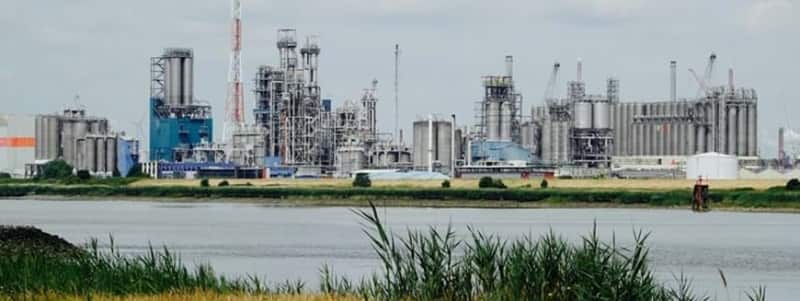Bio-based – Avantium’s plant-based polyethylene furanoate (PEF) has been approved by the US Food & Drug Administration (FDA) for use as a packaging material for all food types, including those stored at room temperature, refrigerated, or frozen 12-10-2024
Asahi Kasei has partnered with Aquafil to develop a new 3D printing material by combining Aquafil’s ECONYL® polymer, a chemically recycled polyamide 6 (PA6), with Asahi Kasei’s cellulose nanofiber (CNF)
ECONYL® is derived from post-consumer waste like fishing nets and carpets, while CNF is made from cotton linter, offering high heat resistance and recyclability. This innovative CNF/ECONYL® compound is designed to provide superior formability and strength, making it ideal for automotive and aeronautical applications. Bio-based
Supported by ITOCHU Corporation, the collaboration aims to create a material that advances sustainability in 3D printing. The compound’s pellet or filament form enables excellent performance in a range of industrial uses. Asahi Kasei plans to launch trial sales of the new material in the EU, US, and Japan by Q3 2025.
The companies will also showcase the CNF/ECONYL® compound at upcoming industry events, including Fakuma (October 15-19, Germany), the Sustainable Material Expo (October 29-31, Japan), and Formnext (November 19-22, Germany). The material is expected to make significant contributions to sustainable manufacturing, particularly in high-performance industries. Bio-based

The Plastics Industry Association (PLASTICS) marked its ninth annual Bioplastics Week by releasing The Impact of Circularity: Biobased and Compostable Plastics
Authored by Brent Westbrook, Commercial Director at Mitsubishi Chemical Group, the report highlights the environmental benefits of bioplastics.
Westbrook envisions a future where materials for single-use products are grown and returned to the soil through composting. This vision is already being realized through biobased and compostable bioplastics, which are derived from plants and can biodegrade. Biobased bioplastics offer a renewable solution as their feedstocks can be quickly replenished, reducing depletion of resources. Bio-based
PLASTICS, representing over one million workers and a $519 billion U.S. industry, supports the entire plastics supply chain—from equipment suppliers to recyclers. Since 1937, the organization has promoted sustainability and recycling innovation, helping its members compete globally while prioritizing circularity. Through educational initiatives, industry insights, events, and advocacy, PLASTICS helps drive advances in the field.
It also hosts NPE: The Plastics Show, the largest trade event in the Americas dedicated to plastics. Bio-based

Avantium’s plant-based polyethylene furanoate (PEF) has been approved by the US Food & Drug Administration (FDA) for use as a packaging material for all food types, including those stored at room temperature, refrigerated, or frozen
This approval follows similar regulatory clearances in the European Union and the United Kingdom.
Ana Sousa Dias, Avantium’s product stewardship and regulatory affairs manager, highlighted the importance of the FDA approval, noting that it showcases the company’s commitment to providing sustainable and safe packaging solutions. PEF is a 100% plant-based, recyclable plastic used in various applications, including polyesters, polyamides, polyurethanes, and coating resins. Bio-based
Avantium plans to begin commercializing PEF with the launch of its flagship FDCA plant in Delfzijl, the Netherlands, on October 22, 2024. The plant will utilize the company’s YXY technology to convert plant-based sugars into furandicarboxylic acid (FDCA), a key component in producing PEF and other bio-based chemicals.
Avantium has already secured supply agreements with companies like Helios, Henkel, and Carlsberg, covering 95% of the plant’s production capacity for the first five years. This milestone underscores the growing demand for sustainable, plant-based packaging materials in the market. Bio-based

Savio will unveil its latest spinning innovations at ITMA Asia 2024, held from October 14–18 in Shanghai, China
As a leading textile machinery company, Savio will showcase the Proxima Smartconer®, an advanced automatic winder, and the LYBRA Smartspinner®, a cutting-edge air-jet spinning machine.
ITMA Asia serves as a premier platform for industry leaders to network and explore new business opportunities. Savio’s participation highlights its focus on enhancing efficiency and sustainability in textile production. Bio-based
The LYBRA Smartspinner® revolutionizes yarn manufacturing with air-jet technology, producing soft, smooth yarns ideal for knitting, home textiles, and sunshades. This machine not only boosts production rates but also reduces operational costs.
One key advantage of LYBRA Smartspinner® is its space efficiency, requiring up to 30% less space compared to traditional ring spinning machines, resulting in cost savings on staff, construction, and temperature control.
In addition to its presence at ITMA Asia, Savio plays a pivotal role in Bangladesh’s textile industry. By supplying advanced, efficient machinery, the company contributes significantly to the growth of this rapidly expanding market. Bio-based

The European Parliament continues to debate the future of the car industry, particularly the planned ban on petrol and diesel cars from 2035
Economy Commissioner Valdis Dombrovskis defended the target, arguing that it gives certainty to manufacturers and time for a fair transition. However, he acknowledged the uneven deployment of electric vehicle charging infrastructure across Europe.
Jens Gieseke, of the European People’s Party, criticized the plan, stating Europe is unprepared for the electric vehicle transition and risks heavy fines if targets are not met by 2025. He warned that focusing solely on electric vehicles is a “dead end” and advocated for a broader approach, including climate-neutral fuels. Bio-based
Other lawmakers, like Mohammed Chahim, pointed out that Chinese electric cars, which are cheaper and technologically advanced, pose a competitive challenge to European manufacturers. He warned that abandoning climate goals would hurt workers and consumers in the long run.
Despite these concerns, the European Commission remains focused on the race for zero-emission technologies, with Dombrovskis warning that Europe cannot afford to fall behind. The debate highlights deep divisions between lawmakers over the future of Europe’s car industry and its ability to compete globally in the shift toward electric vehicles. Bio-based

600 jobs at risk through overzealous regulation
- INEOS Group
- The INEOS Purified Terephthalic Acid (PTA) plant at Geel in Belgium is threatened with closure as regulators aim to impose unattainable environmental targets on a factory that has already committed to a 80% reduction in cobalt levels.
- The plant, which has operated within all environmental standards over the previous 20 years, is now being asked to reduce cobalt levels to a limit that is 20 times lower than expert studies have shown to be required1 and 100 times lower than those set in Poland. Bio-based
- Commenting, Sir Jim Ratcliffe, Chairman of INEOS said, “The EU cannot on the one hand claim to be supportive of industry whilst at the same time yielding to inexpert NGOs who will not be happy until we have deindustrialized the entire continent”
The INEOS Purified Terephthalic Acid (PTA) production platform at Geel in Belgium is one of the few remaining in Europe and is the region’s most efficient with the lowest carbon footprint. PTA is the key feedstock for the global polyester industry that produces affordable materials essential to human wellbeing, from textiles and garments to food and beverage packing. The material is readily reusable and recyclable and will play a key part in Europe’s answer to its long-term sustainability challenge. Bio-based
The plant has operated successfully for over 20 years and been fully compliant with all environmental regulations. The process utilizes a cobalt catalyst which means that there are microscopic amounts of cobalt in the wastewater from the plant. Historically, the plant’s permit permitted the level of cobalt in the water to be up to 1000 micrograms per litre and the typical emission levels have been almost a quarter of that amount.

Bio-based
